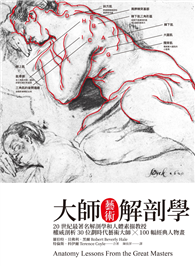Originally published in 1991, this volume represents the first systematic attempt to apply a pattern approach to a comprehensive longitudinal investigation. It focuses on individual differences in female career development, from early adolescence through young adulthood. Rather than constructing a general model of career development, the authors use the interplay between theory and observation to build networks of patterns demonstrating the long-term consequences for adult women’s career involvement, their educational levels, their family commitments, and their social networks.
Throughout their investigation the authors interpret individuals’ patterns as characterizing processes that underlie women’s differential development. They illustrate that a research strategy oriented toward pattern analysis and related methodology reveals information that is generally obscured in more traditional variable-oriented designs. They also argue that a pattern approach is particularly suited to the tenets of modern interactionism, which provides the theoretical foundation of the study.












